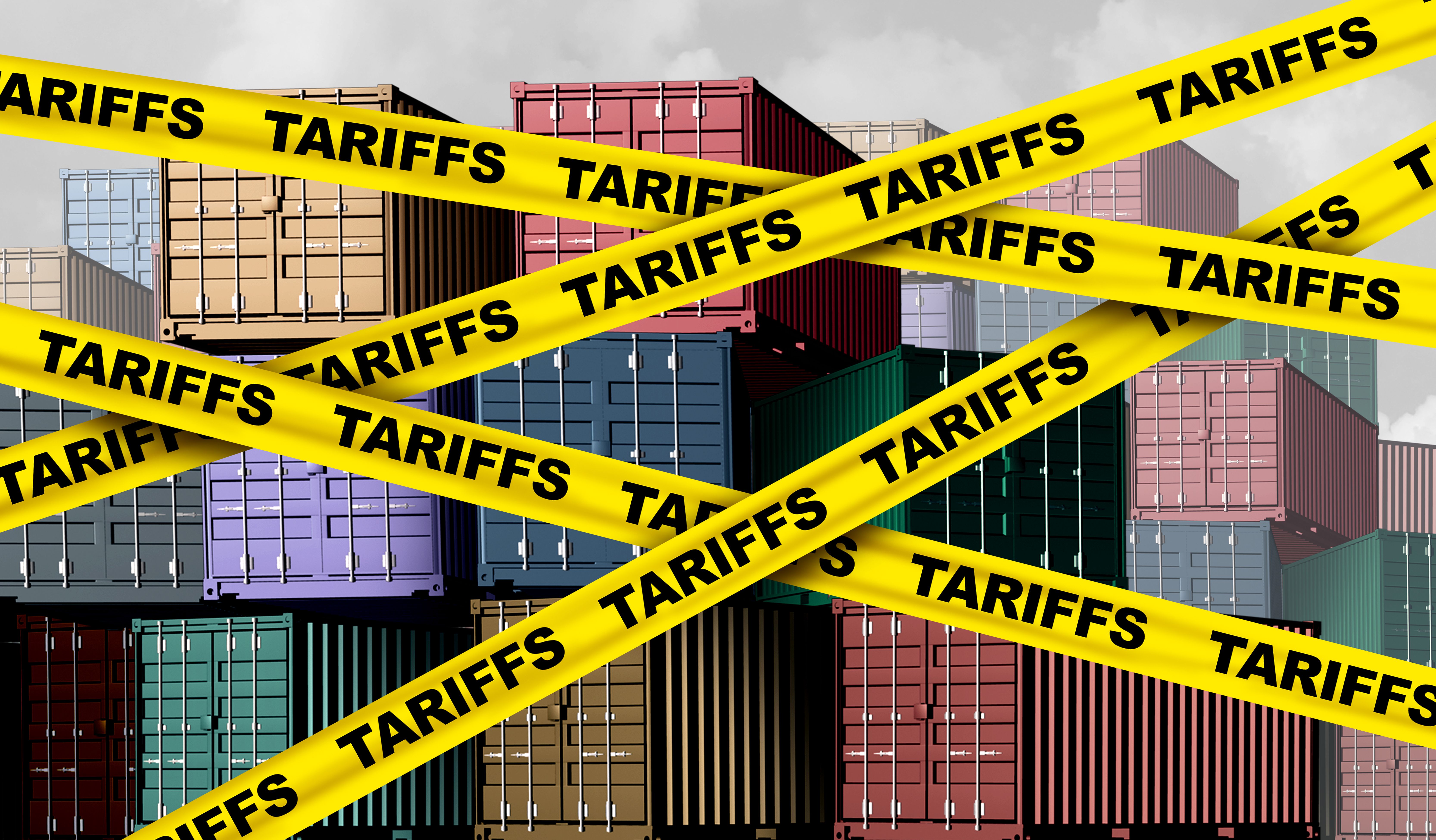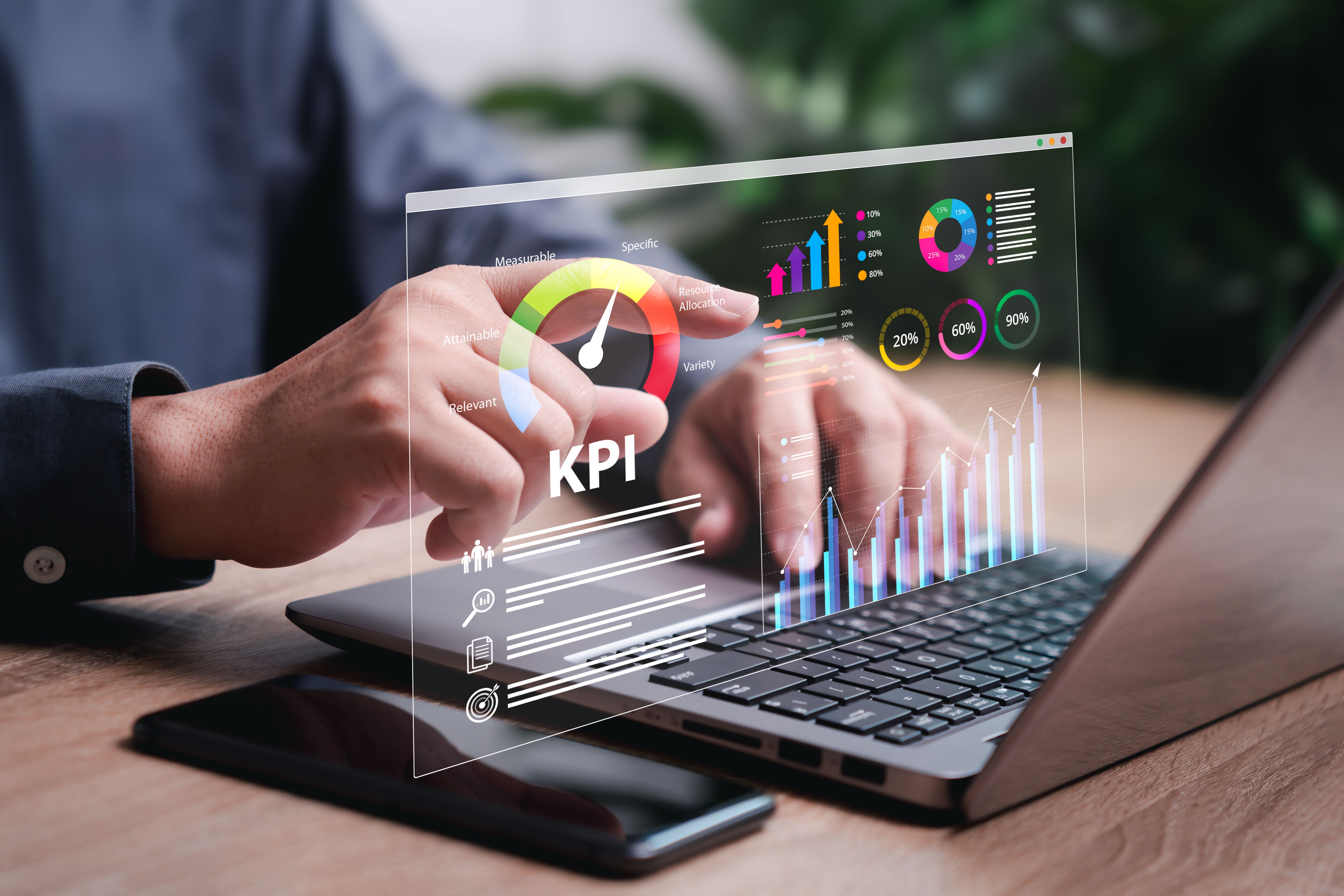2026 Economic Outlook: Navigating Growth and Uncertainty for Business Owners
As we look ahead to 2026, business owners find themselves navigating a complex economic landscape filled with both opportunities for growth and challenges that require strategic planning. The global economy is experiencing shifts driven by technological advancements, geopolitical dynamics, and evolving consumer preferences. Understanding these factors is crucial for businesses aiming to thrive in the coming years.

Global Economic Trends
One of the defining characteristics of the 2026 economic outlook is the continued globalization of markets. Businesses are increasingly operating on an international scale, which presents both growth opportunities and risks. Companies must stay informed about global trade policies, currency fluctuations, and regional economic developments to remain competitive.
Additionally, we are witnessing a significant shift towards sustainability and green technologies. Governments and consumers alike are prioritizing environmental considerations, making it essential for businesses to adapt to this change. Investing in sustainable practices not only enhances brand reputation but can also lead to cost savings and new market opportunities.
Technological Advancements
Technological innovation is set to accelerate further in 2026, with advancements in artificial intelligence, automation, and data analytics transforming industries. Businesses that leverage these technologies can improve efficiency, reduce costs, and create personalized customer experiences. However, adapting to rapid technological change requires investment in infrastructure and talent development.

As automation becomes more prevalent, companies must also consider its impact on the workforce. While automation can increase productivity, it may also lead to job displacement. Business leaders need to balance technological integration with strategies for workforce reskilling and upskilling.
Geopolitical Dynamics
The geopolitical landscape is another significant factor influencing the economic outlook for 2026. Trade tensions, political shifts, and regulatory changes can all impact business operations. Companies must be agile and prepared to adjust their strategies in response to geopolitical developments.
Building strong relationships with international partners and staying informed about policy changes in key markets can help mitigate risks associated with geopolitical uncertainty. Diversifying supply chains and exploring new markets are also effective strategies for navigating these challenges.

Consumer Behavior and Market Trends
Consumer preferences are continually evolving, driven by factors such as digitalization and a growing emphasis on personalization. In 2026, businesses must focus on understanding their customers' changing needs and preferences to remain relevant. This includes leveraging data analytics to gain insights into consumer behavior and tailoring products and services accordingly.
Furthermore, the rise of e-commerce continues to reshape retail landscapes. Companies that invest in digital platforms and seamless online experiences will be well-positioned to capture market share. Embracing omnichannel strategies that integrate both online and offline touchpoints can enhance customer engagement.
Strategies for Success
To successfully navigate the economic landscape of 2026, business owners should consider several key strategies:
- Invest in Technology: Embrace innovations that can enhance operations and customer experiences.
- Focus on Sustainability: Implement environmentally friendly practices that align with market demands.
- Adapt to Geopolitical Changes: Stay informed and flexible in response to global political shifts.
- Understand Consumer Preferences: Use data-driven insights to tailor offerings to customer needs.
By adopting these strategies, businesses can position themselves for growth while effectively managing uncertainties in the economic environment of 2026.

